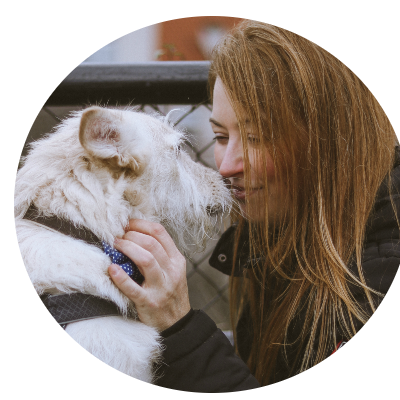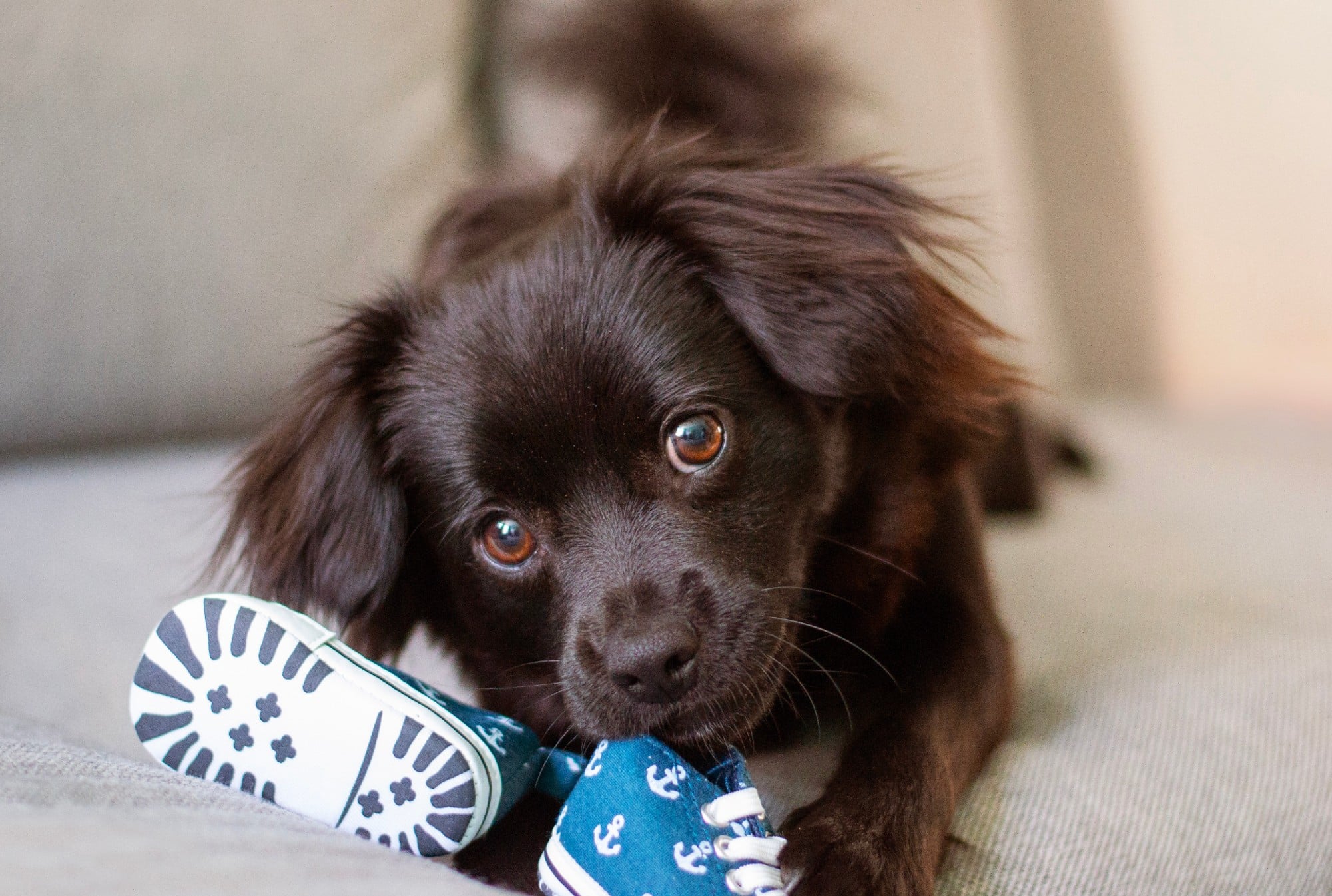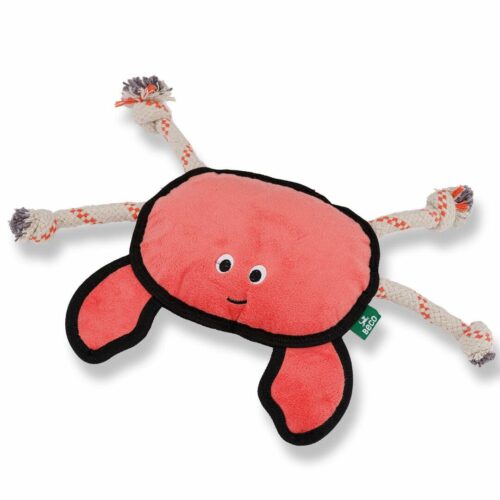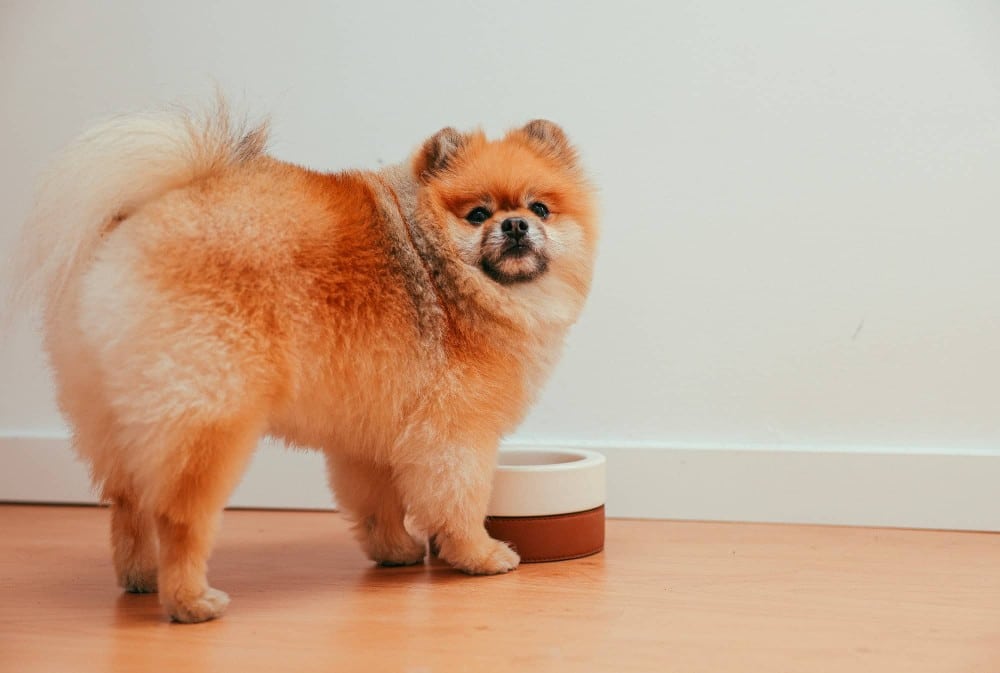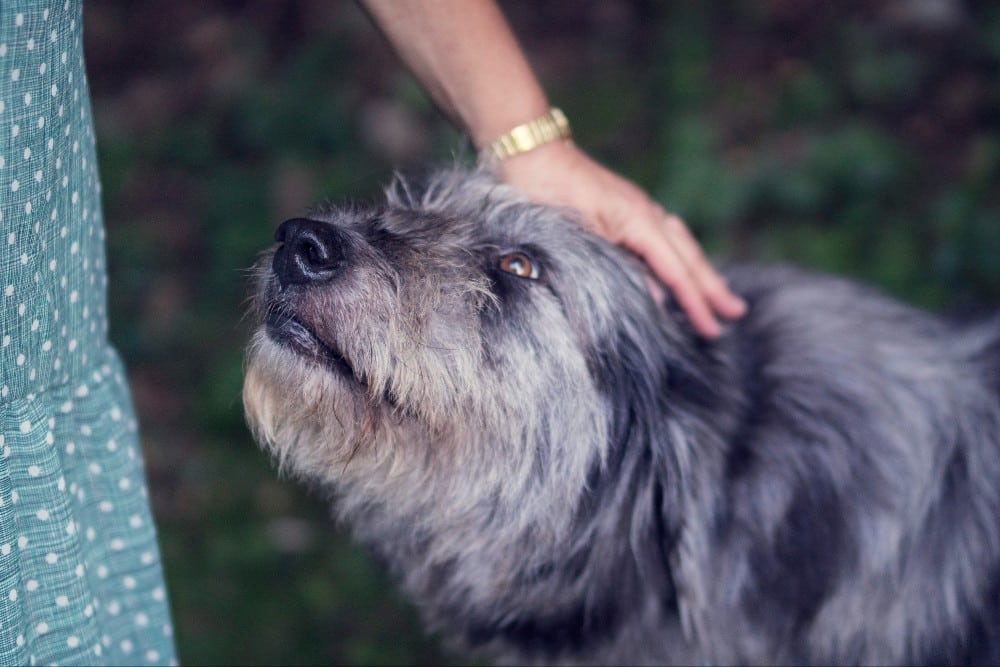If you’ve ever found a missing sock nestled in your pup’s bed or wondered how your TV remote ended up in their play area, you’re in the right place.
Puppies, much like human babies, will chomp, chew, and gnaw on just about anything within their reach. It’s their way of discovering the world and part of growing up. (Though that doesn’t mean you have to be excited when your favorite shoes go missing.)
But what happens when your pup’s natural curiosity evolves into a full-blown stealing spree as your dog gets older? Dogs who steal and hoard can often be cute, but at some point, living with a full-time thief will outlive its charm.
The Real Reason Your Dog Is Stealing Your Belongings
Before we get into what you can do to stop this behavior, let’s get something out of the way: Dogs don’t steal things to annoy you or punish you.
It’s tempting to label them as being naughty by taking our stuff, but as smart as your dog may be, their motives are far more mundane, explains Amanda Dwyer, a certified trainer and owner of Westward Hound.
“Dogs have no concept of the value we assign to our personal items,” she says. “A dog assigns no more or less value between a pair of leather shoes and a good stick. To them, the pleasure is in the smell and mouthfeel of the chewing experience.”
And the reason they snatch your goods may have more to do with you then them.
Dogs need regular physical and mental stimulation, and they will find other ways to entertain themselves if you don’t help them. “They are finding some enjoyment in chewing or shredding the object, or the theft is eliciting a game of chase and keep away from their owners — or both,” Dwyer explains.
Related: Exercise and Your Dog: Why It Is So Important – And the Proper Way to Do It
How You Can Stop Your Dog Thief
A bored dog is not only discontent but can lead to behavioral problems. The most important thing you can do is engage them physically and mentally. Talk to your veterinarian to figure out how much exercise your pup needs, as a tired dog is a happy dog. But keep in mind, it is not only the length of the walk but the type that can make a difference.
Indeed, a short walk in the same area of the local park over and over again can become mundane to a dog and cause her to become disinterested. You need to mix things up. By simply changing the route, trying new parks, and slowing down so your dog can sniff new smells can make a world of difference.
Other ways to tire out a “troublemaker,” is making mental exercises part of their everyday routine. For instance, you can try scatter feeding during mealtime, food puzzles, interactive dog toys, and even tricks, like teaching your dog to put away his toys after playtime. Engaging in various mental stimulation activities will help you understand what your pup likes and doesn’t.
Named Cora the Crab, the toy is made from durable recycled materials, making it perfect for chewers, fetchers, and wrestlers. The panels are woven together with double stitching and reinforced with a second layer of cloth while the squeaker is puncture proof, providing lots of fun for your pooch.
Take the Fun Out of Stealing
Dogs are creatures of habit and tend to repeat actions that benefit them. If your pooch has figured out that swiping items gets your attention, chances are she will continue doing it.
If you have a dog who steals objects for attention, think about what your typical response is when they make off with something, says Dwyer. “Do you stop watching TV or working and react to their theft? Do you try to chase them?” she says. From your dog’s point of view, all these reactions count as successfully getting your attention.
Instead of giving it to them when they are being “naughty,” make an effort to give them lots of attention when they play with their toys, or are asking for attention without stealing something, says Dwyer. By changing when you provide your dog attention, you can start to get them hooked on using their toys to ask for it instead of stealing your stuff.
Set Up an ‘Exchange System’
If your dog managed to get away with something valuable (or potentially dangerous), you can’t simply ignore the whole thing. But it would also be a mistake to try to steal it back as this could trigger a new problem: guarding.
If your dog thinks they’re going to lose their “treasure,” the reaction might be to swallow the item or to resort to “aggressive behaviors like growling, snapping or biting,” according to dog trainer and behaviorist Zoe Willingham.
To avoid creating a new problem, you can try having swapping system in place. Pick a word like “swap” or “exchange,” and offer a treat or favorite toy before taking the item away. Never take something away without exchanging it for something deemed more valuable to them. This needs to be consistent for it to work, but should only be used when absolutely necessary, such as the item could harm your dog. Otherwise your pup thinks stealing will result in a reward.
Related: My Dog is a Food Thief, What Can I Do?
Make Prevention A Priority
Training and management should still be your first move, but Dwyer points out you should also be working on preventing your dog from stealing objects that are off-limits. “Try to remove access from as many of their favorite temptations as well, to better redirect them towards their own toys and chews,” says Dwyer, who adds blocking off areas and supervising is also very important.
If you’re having trouble breaking the stealing habit or if you notice your dog starting to guard object, contact a professional trainer for help.












